Understanding Your New York Home Insurance Policy
In order to secure your house, homeowners insurance is crucial. The damage brought on by fire, wind, water, lightning, vandalism, theft, and even earthquakes is covered by decent insurance. But it's not comprehensive. You won't be protected, for instance, if someone inadvertently starts your grass on fire while mowing it or if a car hits you as you cross your driveway.
Homeowners insurance coverage is therefore referred to as "comprehensive." Most forms of losses, including those already listed, are covered by comprehensive insurance. They also offer liability insurance, which defends you and your loved ones against legal actions brought about by accidents sustained while engaging in routine everyday activities like riding bikes or participating in sports.
Shopping around is the best strategy for locating inexpensive homeowner's insurance. To make sure you receive the best bargain, you should compare prices from other businesses. Additionally, don't overlook discounts. For customers who take certain precautions to lower their risk, some insurers provide special discounts. You may do things like enroll in automatic payment plans, set up security measures, or put up smoke detectors.
Here's how to insure your home.
Your house insurance premiums may soon increase. According to a recent poll, homeowners are already paying more for insurance as expenses rise. Experts predict that it won't end there. The head of InsuranceQuotes.com, Mark Hurd, argues that prices are rising all around. There is no doubt about that.
To offset rising payouts and claims from natural catastrophes like hurricanes and wildfires, insurance firms are hiking prices. In order to pay for the medical costs of those insured by individual insurance, they have also boosted fees. Additionally, some insurers are raising their rates for owners of commercial real estate.
You shouldn't worry too much, though. Most customers will experience no change in their monthly payments, according to experts. A homeowner's insurance policy, for instance, often covers damage brought on by windstorms, earthquakes, floods, lightning strikes, vandalism, and theft. You might consider buying additional coverage for those risks if you live in a high-risk area. But even if you do, experts say you'll likely still save money overall.
Long-term savings come from purchasing separate flood and earthquake insurance. While earthquake insurance covers damages caused by shaking, flood insurance guards against water damage. Combining two forms of coverage within one insurance is frequently discounted.
Additionally, experts advise comparison shopping if you want to lower your premium. To compare prices, visit the websites of several airlines. Additionally, find out from friends and relatives how much they paid for comparable insurance. On the basis of your location, house size, and possession of a pool or hot tub, you may also evaluate your possible loss using internet tools.
Additionally, you may search around for better offers by contrasting your present insurer with rivals. For combining numerous plans, some businesses provide savings. Additionally, by include particular features in your insurance, like installing security cameras, you may occasionally be eligible for cheaper rates.
You shouldn't worry just yet, according to experts. The majority of people's monthly bills are likely to increase only slightly. However, if you're worried, speak with your agent about obtaining a quotation right once.
What risks does your policy cover?
Homeowners frequently believe that everything is covered by their homeowner's insurance, apart from things they don't want to think about. However, a lot of things might result in property damage that you might not know is protected by your insurance. Here are some frequent damage instances that are probably not covered by your policy:
Flooding:- Water that rises over a body of water's typical level is referred to as a flood. Rain, snowmelt, rivers, lakes, seas, subsurface streams, groundwater, or springs can all produce floodwaters. Anywhere, including within your home, is susceptible to flooding. If it occurs while your insurance is in effect, your insurer will cover repairs up to the extent of your coverage.
Earthquake Damage:- An earthquake is a sudden shaking brought on by fault line movement. While there are earthquakes all around the world, the majority of the damage is in populated regions. Walls, floors, ceilings, windows, doors, and foundations can all develop fractures as a result of an earthquake. Buildings may potentially fall during an earthquake, depending on its strength. If it occurs while your insurance is in effect, your insurer will cover the cost of repairing or replacing any damaged items up to the policy's maximum.
Tornado/Hurricane Damage:- An intense storm system known as a tornado is characterized by whirling winds that produce funnel clouds. Homes and businesses can be destroyed by tornadoes, and occasionally people can die. Although they can occur anywhere, the Midwest and Southeast have the greatest annual tornado rates. Broken glass, roof damage, structural damage, and human harm are all examples of tornado damage. If it occurs while the insurance is in effect, your insurer will cover repairs up to the policy's limitations.
How can an agent help protect your home?
Your home is covered by homeowners insurance in the event of a fire, theft, vandalism, storm, earthquake, flood, or other danger. Your home may need to be repaired or replaced if anything bad happens, which may cost thousands of dollars. But most homeowners are unaware of what kind of insurance they require or where to purchase it.
Agents can help you understand your insurance options, discover discounts to minimize your premium, and, if required, assist you in filing a fast and correct claim. They can also explain the claims process to you. Even reputable businesses to manage the expense of repairs and replacement might be suggested by them.
supporting Western New York's wellbeing.
Regardless of any pre-existing medical issues, health insurance companies are required to offer coverage to everyone who applies. Additionally, they must settle disputes in 30 days or fewer. Costs are reduced for everyone concerned as a result.
Letter from travelers to owners of New York property insurance
Travelers want to let policyholders know how the coronavirus affects their insurance plans. It outlines how to submit a claim in addition to offering advice on how to get ready for the infection.
The amount available for claims will be lowered by exclusions. There are several strategies for avoiding coronavirus exposure. Call your doctor right away if you are ill. Learn more about the coronavirus here.
Property owners in the state of New York are the recipients of this letter. Whether an occurrence is regarded as a covered loss under your policy depends on a number of variables. For instance, if you leave your house while it is still covered to visit another city or state, it can become empty and uninhabitable. Generational care for New York.
The largest hospital system in the state disclosed intentions on Wednesday to reduce yearly spending by $1 billion over the following five years.
The changes, according to Cornell University Hospital for Medical Center CEO Dr. Robert M. Lattes, would be made by lowering administrative costs, decreasing some patient services, and boosting co-pays. The approach, he said, guarantees that patients won't lose access to care.
According to hospital officials, the Affordable Care Act compels insurance to cover preventative care like mammograms and colonoscopies without charging customers out-of-pocket costs. This makes the plan vital. However, hospitals are also required by law to cover these expenses on their own.
The federal government also mandates that hospitals increase their expenditures on primary care doctors and nurses. Additionally, it makes it simpler for patients to select providers outside of conventional networks.
Cornell anticipates making savings of $300 million in only the first three years

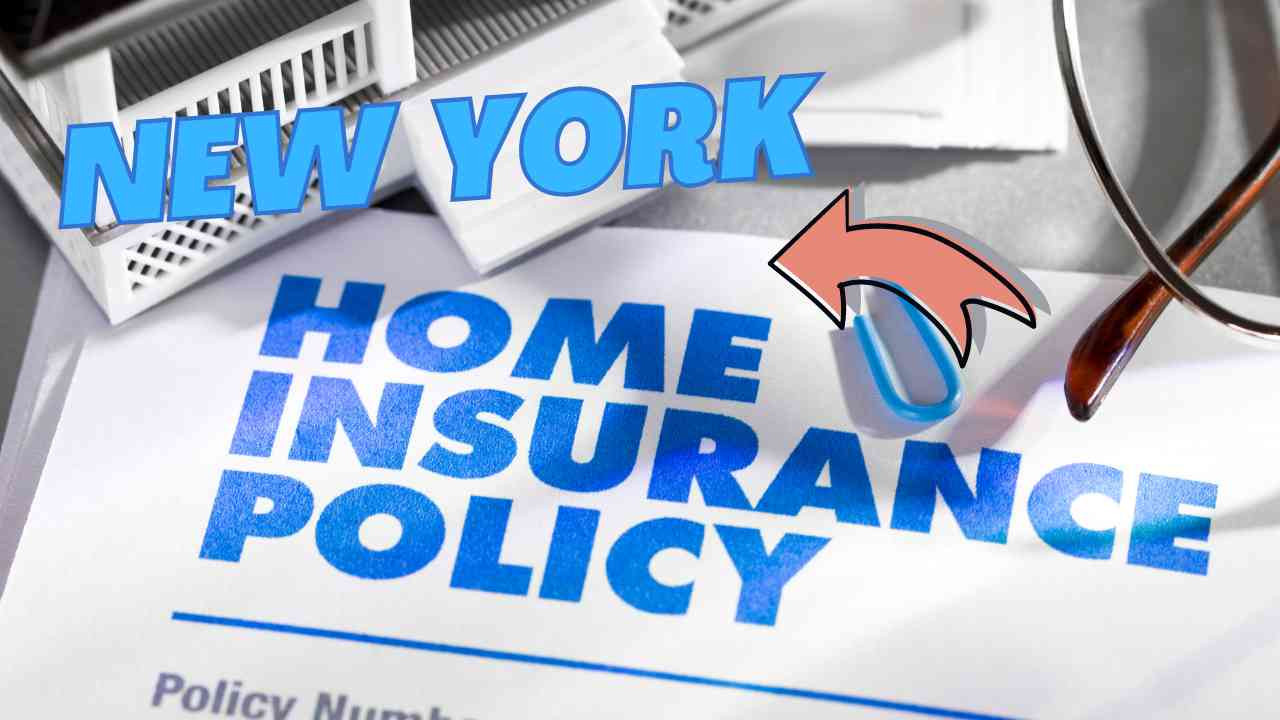

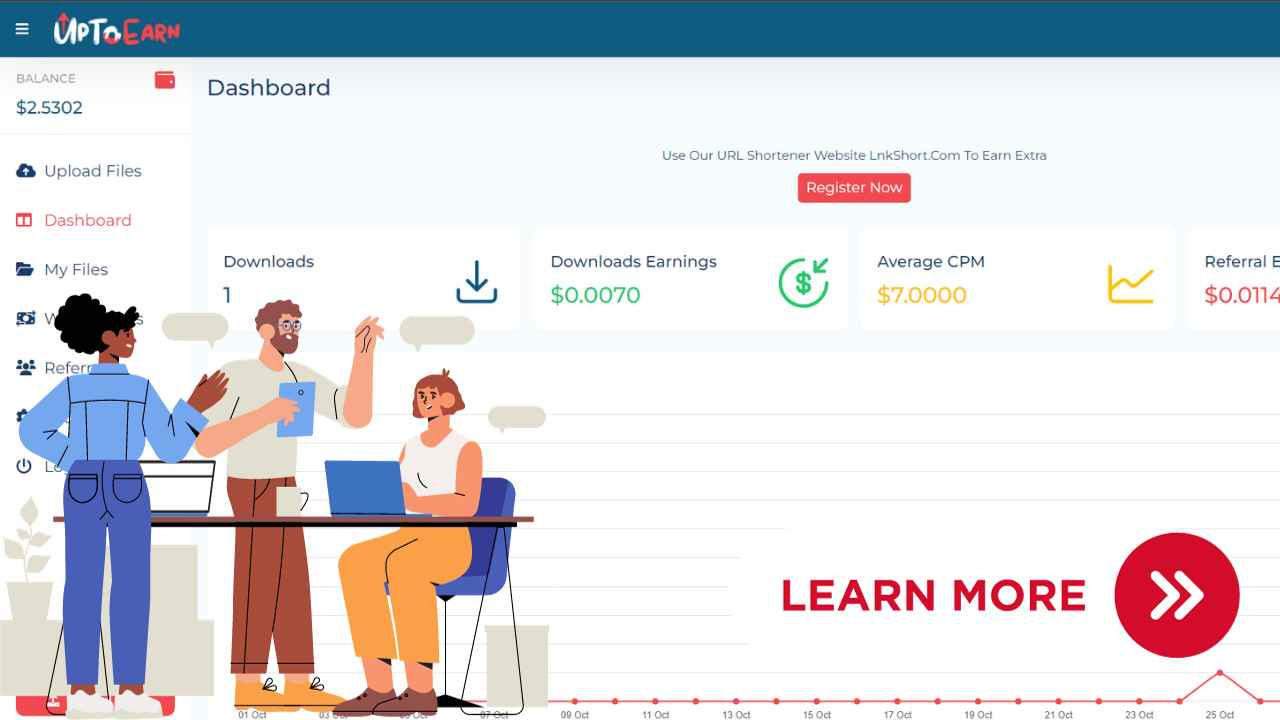
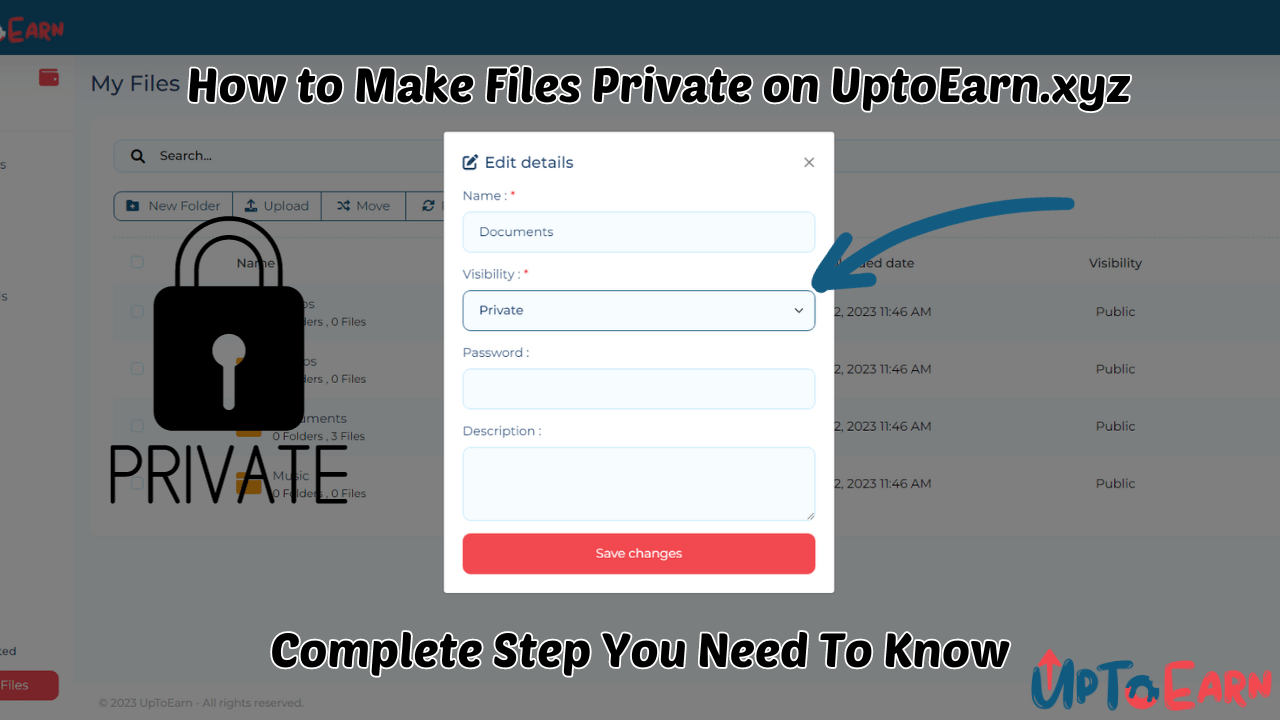
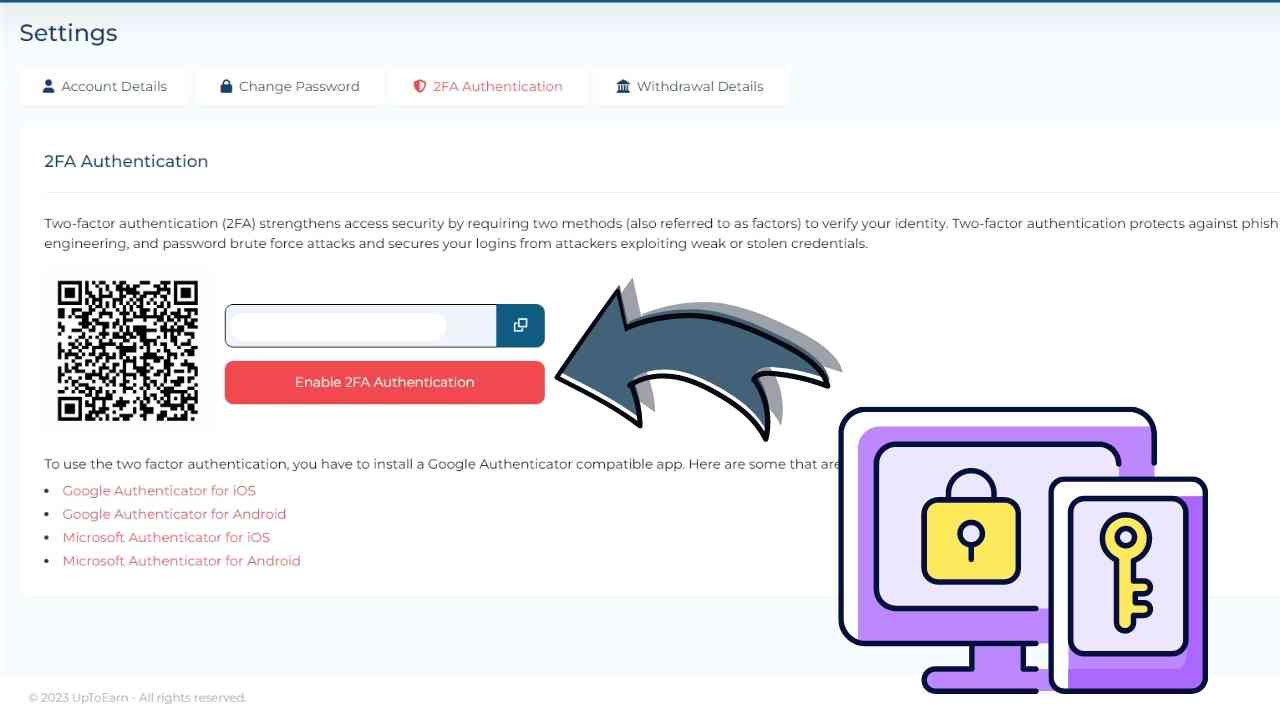
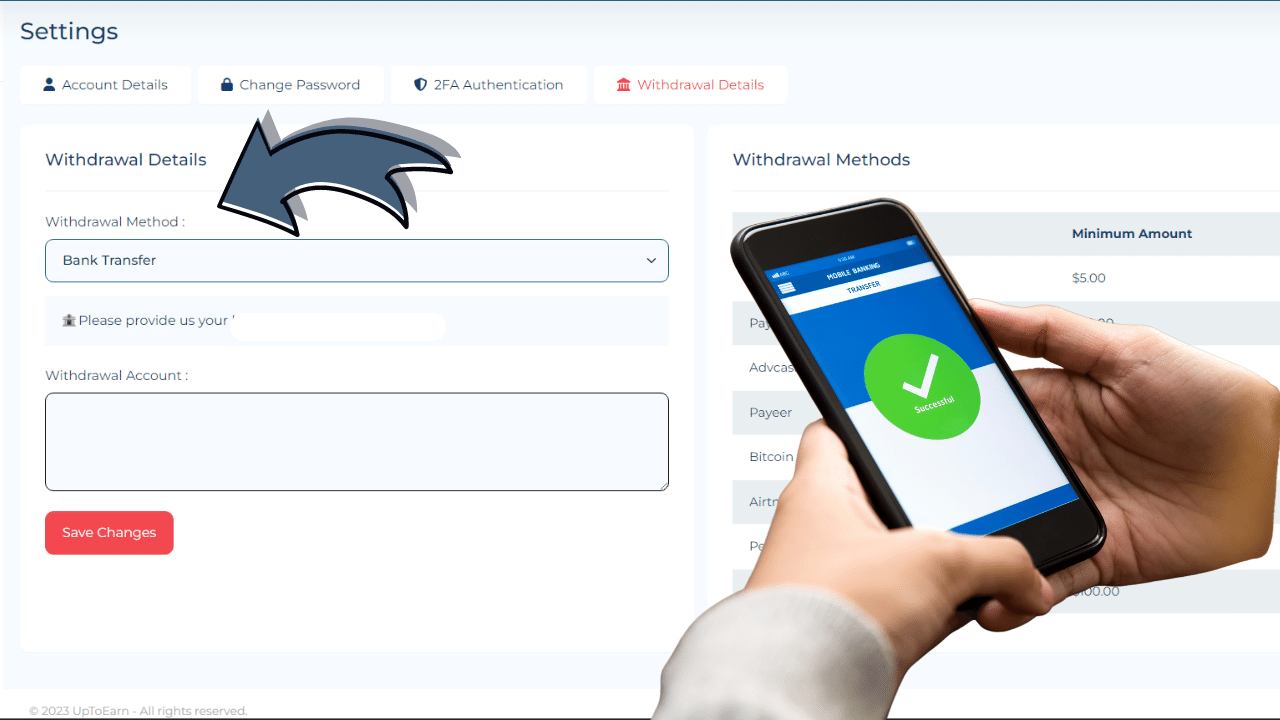

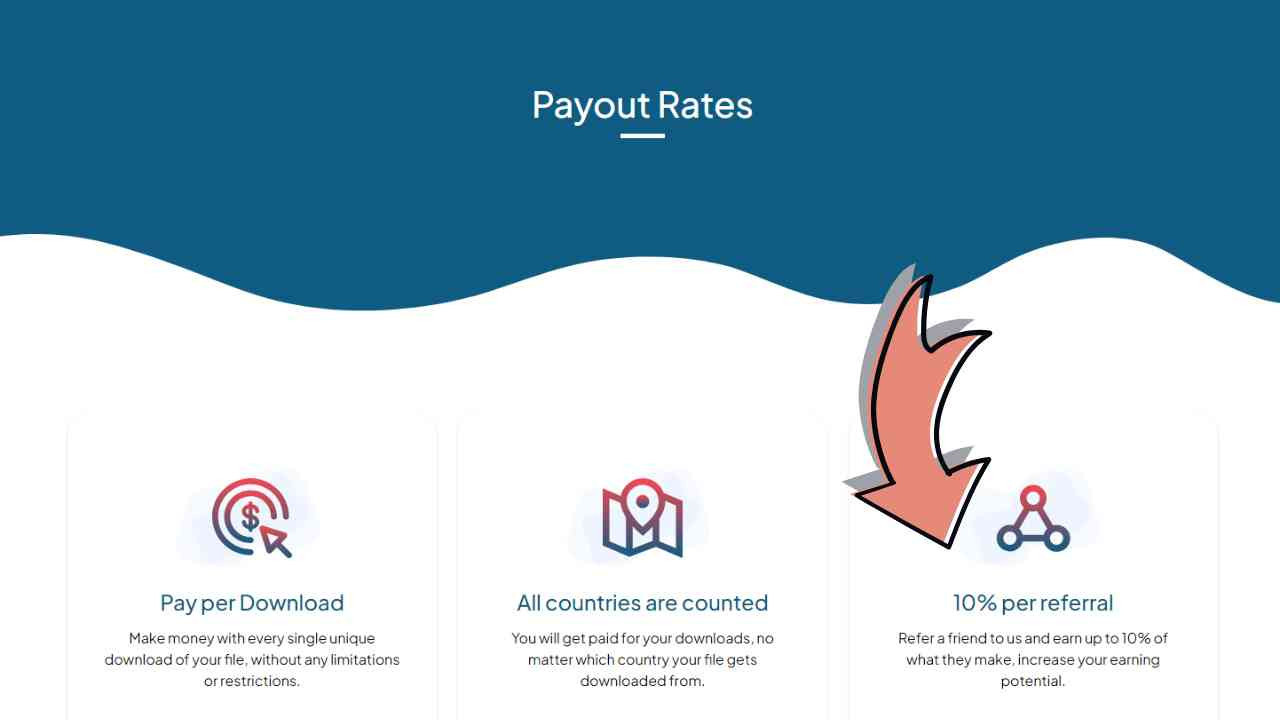

Comments (0)
No comments found